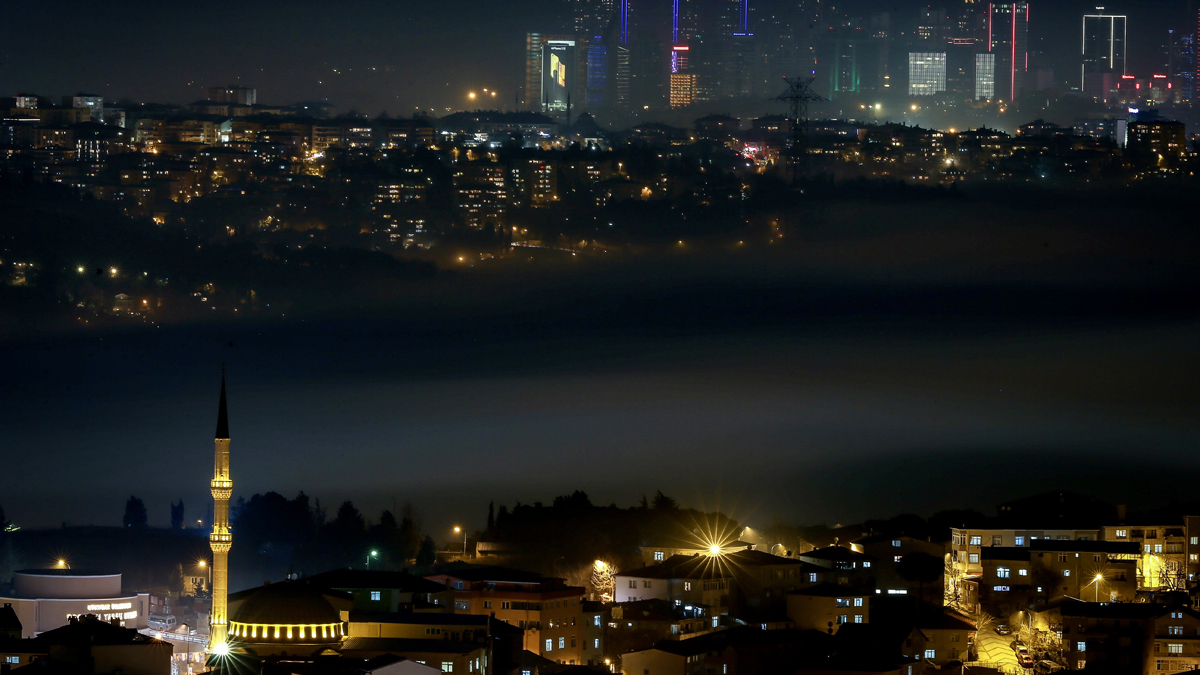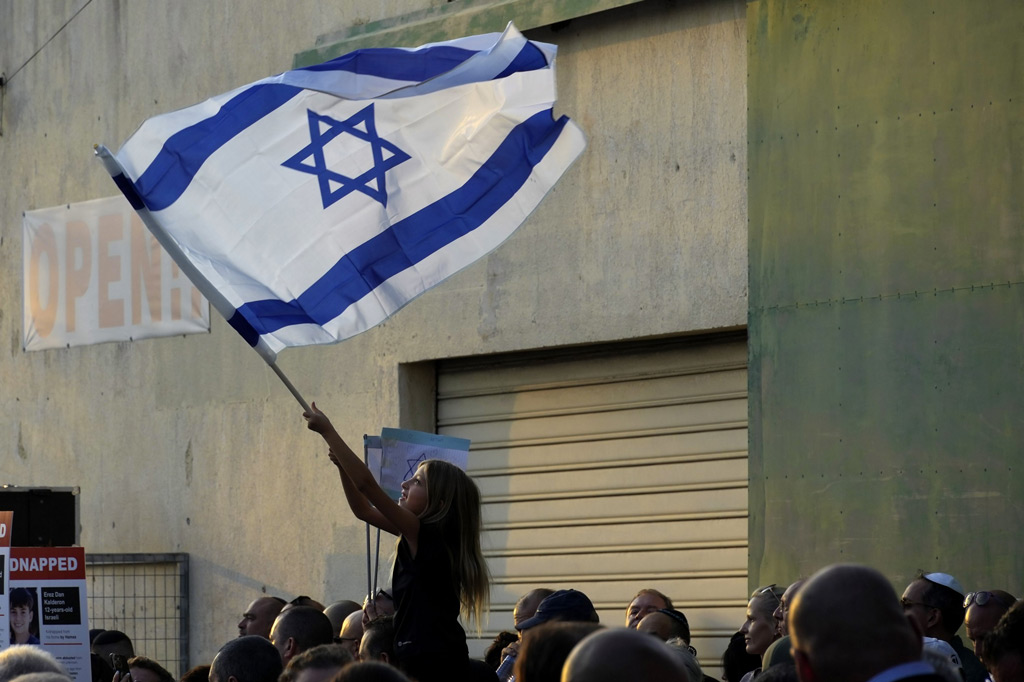Introduction
2023 marks the centennial of the establishment of the Republic of Türkiye. In this context, the year 2023 has a very important symbolic meaning for the Turkish people. Another factor that makes this year special for Türkiye is the presidential and parliamentary elections to be held this year. For many people, the 2023 presidential and parliamentary elections, to be held on May 14, are seen as one of the most important elections in Turkish political life. There are also reports in the Western press that the most important elections to be held in the world in 2023 will be the presidential elections in Türkiye.
1 One-fifth of the entire Republican period was governed by the Justice and Development Party (AK Party) governments led by Recep Tayyip Erdoğan. The AK Party, which came to power with the elections held on November 3, 2002, has completed 20 years in government. Opinion polls conducted before the 2023 elections show that the AK Party will again be in first place among the parties that run in the elections. President Erdoğan is also the favorite candidate in the presidential election, which will be held on the same day as the general elections. Over the past 20 years, Erdoğan has continued to be the most powerful political actor in the country, a trend that is closely related to his good rapport with society.
In 2017, Türkiye amended its Constitution and adopted a new system of government called the “presidential government system” to replace the parliamentary system. In the elections held in 2018, AK Party Chairman Erdoğan was elected the first president of the new system. Following the introduction of the new system, the opposition Republican People’s Party (CHP) and the Good Party (İP), the latter founded by a group of deputies who left the Nationalist Movement Party (MHP), decided to form an alliance. Over time, some smaller parties also joined this alliance. There are six members of this formation, which is currently called the Nation Alliance.
2 In addition, the Peoples’ Democratic Party (HDP), known for its closeness to the PKK terrorist organization, is also an unofficial partner of this alliance. The opposition bloc, which is officially described as a Table of Six because it has six official members, draws a very fragmented image in itself.
3 The parties that make up the opposition bloc have different approaches in many areas, especially immigration, economy, terrorism, and foreign policy. The common point is that they all oppose President Erdoğan. Apart from this, it is not possible to say that the opposition has developed a common perspective on the future of the country.
Over the past 20 years, Erdoğan has continued to be the most powerful political actor in the country, a trend that is closely related to his good rapport with society
In response, the AK Party and the MHP decided to act together under the name People’s Alliance. This cooperation, which first started in the 2018 elections, continued in the 2019 local government elections. Although the MHP was not an active member of the government, it fully supported the AK Party’s policies. AK Party governments also paid attention to the sensitivities of the MHP. Thus, relations between the two parties progressed smoothly. Cooperation continued before the 2023 elections, and the AK Party and the MHP announced Erdoğan as their joint candidate for the presidency in the 2023 elections months ago.
4 As the election approached, both alliances began to articulate concrete policy proposals for specific issues on the country’s agenda. Before the elections, the political debates in Türkiye focused on four main axes: refugees, the economy, nationalism, and the Kurdish question. Approaches to these decisive issues demonstrate the political positions in Türkiye. It is possible to say that each bloc’s approach to the aforementioned hot topics defines the differences between the government and the opposition.
The Issue of Refugees
The important topic of discussion that has dominated the political agenda in Türkiye in recent years is the issue of migration. There have been increasing waves of migration throughout the world in the last 20 years. The inability of many states to cope with the turmoil in their lands, terrorism, civil war, and mass murders have caused people to flock to nations with relatively better living conditions. In this context, it can be said that the optimistic expectation after the Cold War that the world would be a safer place was in vain.
5 Many new factors have been added to the traditional conflict processes arising from ideological differences and...
Read more on
Insight Turkey:
Key Issues in Turkish Politics Before the 2023 Elections







